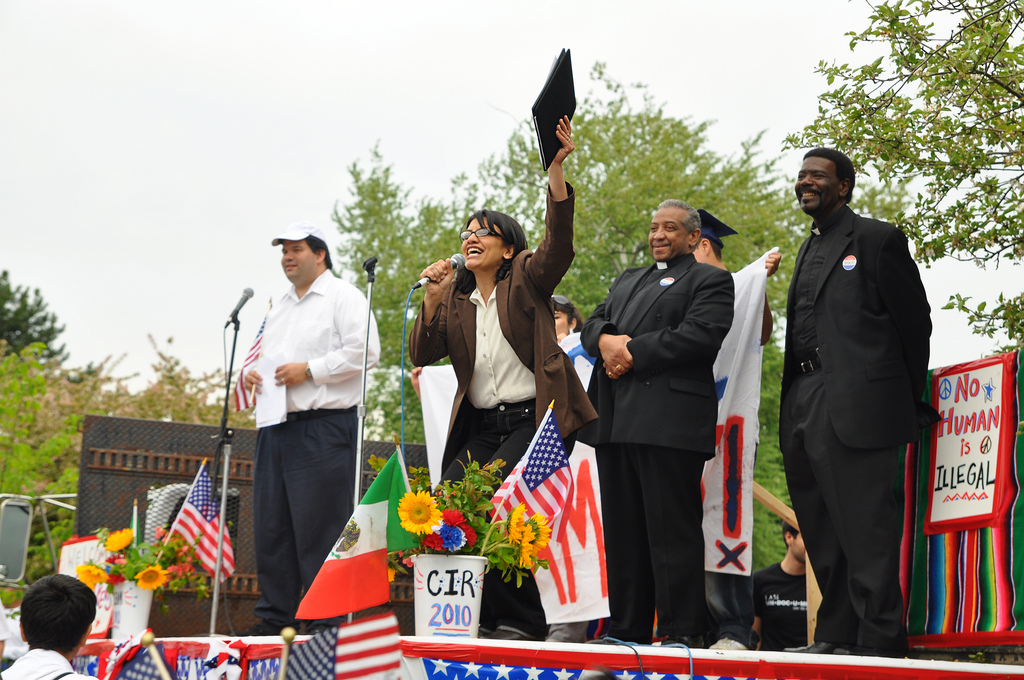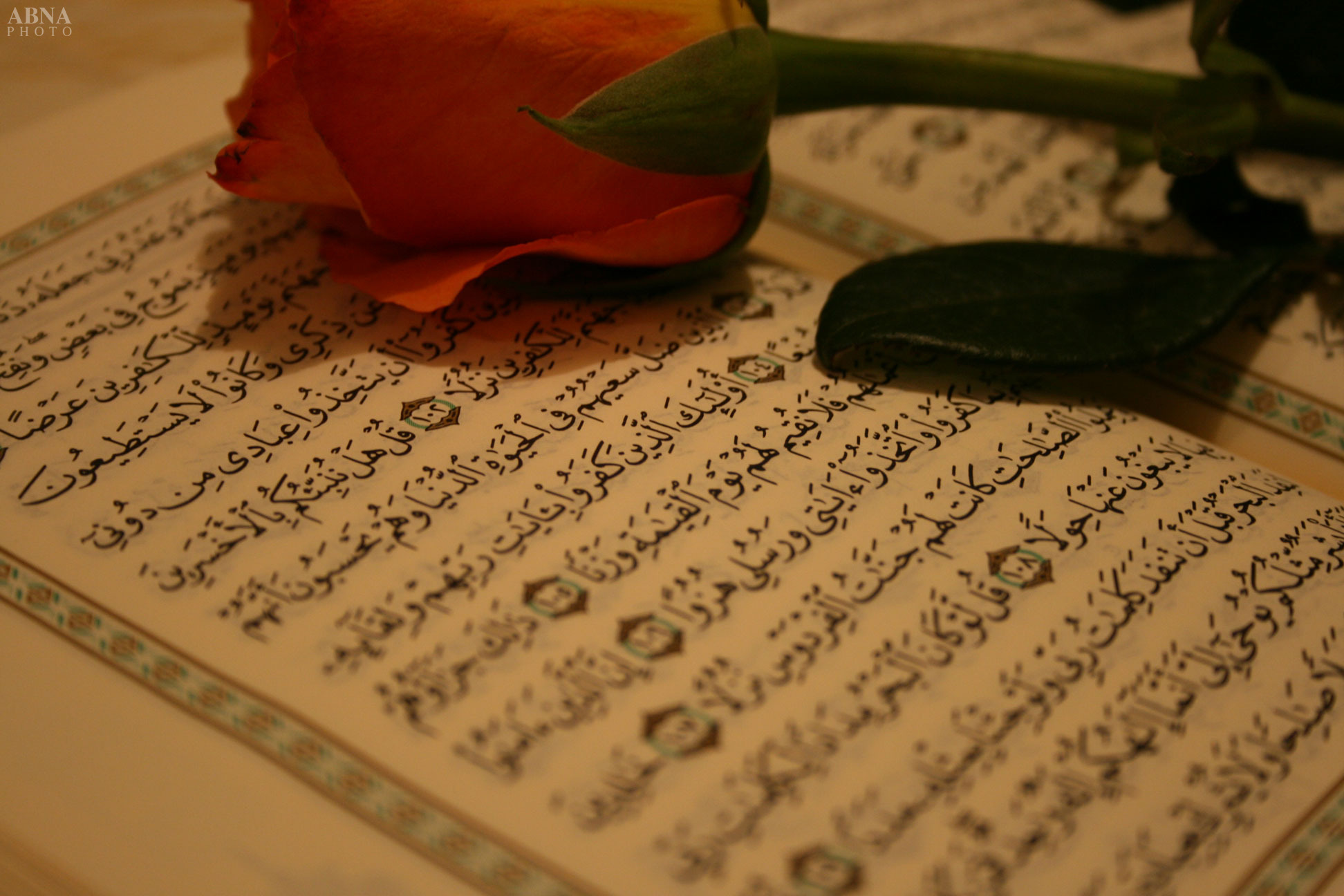The Dar ul-Ulum at Deoband, India’s largest and most influential madrasa, recently issued a fatwa declaring that appointing a woman as a judge was ‘near haram’, or, in other words, reprehensible.
Coming close on the heels of a barrage of fatwas that Muslim women’s groups were quick to condemn as aimed at curtailing their freedoms and even their Quranically-granted rights, the Dar ul-Ulum at Deoband, India’s largest and most influential madrasa, recently issued a fatwa declaring that appointing a woman as a judge was ‘near haram’, or, in other words, reprehensible.
The fatwa was issued in reply to a request from a questioner who wanted to know if, according to the Hanafi school of law (mazhab), the school that the Deobandis strictly uphold, women could be appointed as judges or qazis. It is likely that the questioner was moved to seek this fatwa in response to recent news about women being appointed, for the first time ever, as judges in shariah courts in Malaysia, a development which received wide coverage in the media—being enthusiastically celebrated by Muslim women’s groups and sternly condemned by patriarchal Muslim clerics and ideologues.
The fatwa reads as follows:
“Yes, she can be appointed as judge, but it is makrooh tahrimi, i.e. doing so is near haram. It is mentioned in hadith: لن يفلح قوم ولوا امرأة (بخاري شريف) It means that a nation that makes a woman their ruler will never succeed, hence woman should not be appointed as judge.”
The fatwa is thus ambiguous, to say the least. It begins by conceding that women can be appointed as judges but then, based on a particular reading of a purported hadith report attributed to the Prophet Muhammad, concludes that they should not. What translates the initial permission into a virtual prohibition is a particular reading of what is presented as a piece of Prophetic advice about women rulers, which is then extended to include judges.
It was by sheer coincidence that a day after I chanced upon this fatwa I received a booklet from a friend titled ‘Women As Judges’. Published by the Kuala Lumpur-based Sisters in Islam, a team of intrepid Muslim women gender rights activists who use Islamic arguments for Muslim women’s rights and equality, the booklet deals with precisely the same question that prompted the latest Deobandi fatwa but arrives at precisely the opposite conclusion.
The booklet begins by noting that the Quran and what is regarded as the authentic Hadith, the two principal sources of Muslim jurisprudence, contain absolutely no statements that clearly prohibit women from being appointed as judges. On the other hand, it explains, juristic interpretations of these sources by numerous male scholars of the various schools of Muslim law that developed and crystallized centuries after the death of the Prophet do indeed forbid women from becoming judges, besides prescribing various other rules and restrictions that greatly curtail the freedoms granted to them by the Quran. In this way, the booklet argues, these males and the rules they developed clearly violated ‘the spirit of gender equality that is clearly woven into the fabric of Islam’ (p.1). This point is of foremost importance when seeking to understand the recent Deobandi fatwa—the question asked of the Deobandi muftis was what the Hanafi school’s position was on the matter, not what the Quran and the authentic Hadith had to say about the issue, if they had anything to say about it at all.
Contrary to what the Deobandi fatwa insists, the booklet relates that although the majority of scholars of the Shafi, Maliki and Hanbali jurisprudential schools argued that women cannot be judges, the position of Abu Hanifa, the putative founder of the Hanafi school that the Deobandis supposedly follow was that a person could be a judge only provided if in possession of the qualifications necessary to be a witness. Accordingly, it follows from his position that a woman could indeed be a judge, except with regard to cases that involved hudud and qisas penalties. This argument stemmed from Abu Hanifa’s interpretation of a Quranic verse that speaks about women’s eligibility to be witnesses in commercial transactions. Some individual classical Muslim scholars of note, such as al-Tabari and Ibn Hazam, went even beyond Abu Hanifa and argued that women could be judges in all cases without exception as long as they fulfilled the requirements for the post.
If, as the booklet persuasively argues, the Quran and the authentic Hadith contain no explicit commandments, or even implied suggestions, that women cannot be judges, how is it that conservative, patriarchal male scholars (including the Deobandi clerics) continue to insist that the post of judge is banned for women? The booklet argues that this is a result of their patriarchal interpretations of certain Quranic verses and of their use of reports, which they claim to be Prophetic statements, of extremely doubtful veracity.
A key Quranic verse (Surah an-Nisa’: 4:34) that is interpreted patriarchal clerics to ban women from becoming judges, besides subjecting them to male authority, reads as follows:
“Men are qawwamuna over women because Allah has preferred (fadala) some of them over others and (on the basis) of what they spend of their property (for the support of women)…”
This verse, the booklet contends, has been consistently misinterpreted to mean that men have authority over women and that, in fact, men are superior to women in general, thus prohibiting women from being judges. The booklet interprets the verse very differently, to argue that ‘it is intended to establish mutual responsibility in society, within a specific social context’ (p.5). In the particular society in which the Quran was revealed, men, in general, supported their families economically, but this does not mean that this responsibility refers to implies any sort of male superiority. The booklet adds that the verse definitely does not suggest, as some might take it to, that men, in general, are superior to women or that God has preferred men to women. On the contrary, it explains, the Quran considers men and women as equal in their individual and social responsibilities and in the eyes of God. In fact, it points out, the Quran (Surah al-Taubah 9:71) goes so far as to regard men and women as being supporters or protectors (awliya) of each other. That being the case, it suggests, to argue that the Quran prohibits women from becoming judges is simply absurd.
The booklet directly addresses the so-called hadith report, attributed to the Prophet Muhammad, which the Deobandi fatwa uses as its principal justification for arguing that women should not be appointed as judges. In doing so, it comes to precisely the opposite conclusion. According to this report, when news reached the Prophet that the Persians had made the daughter of the Emperor their ruler, he is said to have announced that a people ruled by a woman would never prosper. Conservative Muslim clerics, the Deobandis included, use this so-called hadith to argue that this means that a woman should not become not just the khalifa or Head of a Muslim state but even a judge, the work of a judge being seen as part of the function of a khalifa.
The booklet argues that this so-called hadith cannot be taken as proof for the arguments made by the conservatives on its basis. And this for a number of reasons. Firstly, it is an isolated or ahad report, which does not have the required number of narrators in each generation that is required for a hadith to be considered an authentic statement of the Prophet and for such a statement to be the basis of enforceable rules.
Secondly, the original narrator of this statement, a man called Abu Bakra, was not considered reliable—he was even said to have been convicted of the offence of qadf or slander for giving false testimony in a case of unproven adultery by the Caliph Umar and so was sentenced to flogging. Hence, the booklet argues, ‘Abu Bakra must be rejected as a source of hadith’ (p.16).
Thirdly, the intentions of Abu Bakra in adducing this report are seriously open to question. He narrated this report in the wake the infamous Battle of the Camel, a quarter of a century after the Prophet’s death, in which the Prophet’s wife Ayesha led her forces against Imam Ali—the first of many Muslim civil wars—in which she suffered a major defeat. Strikingly, a number of male companions of the Prophet were part of her army, and none of them objected to her being in command. Had Abu Bakra’s report been at all genuine, the booklet says, surely they would have refused to accept her as their leader. ‘It seems too convenient’, the booklet remarks, ‘that Abu Bakra then remembered having heard a hadith that suggested one should not participate in a war if the army was headed by a woman’ (p.16). This is why, the booklet relates, Aftab Patel, former Chief Justice of the Federal Shariah Court of Pakistan, argued that this report was probably one of the literally thousands of forged statements that were wrongly attributed to the Prophet—it was, he believed, contrary to the Quran, to historical facts and to human reason. The booklet notes that misogynist claims such as that of Abu Bakra’s that were wrongly sought to be passed off as statements of the Prophet must be seen as part of a larger tradition that sought to deny women their Quranic rights. One such claim that is also projected as a hadith and used to deny women the right to become judges or hold any key public post, argues that women are ‘defective in reasoning and religion’ (naqis al-‘aql wa al-deen). Like Abu Bakra’s statement against women as leaders, this so-called hadith, the booklet says, ‘is neither acceptable to reason, nor in conformity with the Quran or to present-day society. This tradition has all the […] elements of forgery’ (p.13).
The booklet also cites other instances where, as it puts it, ‘Abu Bakra’s timing could be considered suspicious’ (p.16). In one such case, in the wake of the assassination of Imam Ali, his chief opponent Muwaiyah, faulted for inaugurating the un-Quranic practice of monarchy among Muslims, could legitimately claim to be Caliph only if the Imam’s son Hasan declared it in writing that he had renounced his rights. It was at that moment that Abu Bakra is said to have very conveniently claimed that he had heard the Prophet say, ‘Hasan will be a man of reconciliation’. The booklet suggests that this was yet another ‘politically expedient’ claim by Abu Bakra—this time to back the winning party and support Muwaiyah’s lust for power at a time when Muwaiyah was fiercely opposed by many Muslims.
Fourthly, Abu Bakra’s statement conflicts with the positive mention of a reigning queen in the Quran (Surah Naml 27: 29-35)—the Queen of Sheba, identified as Bilquis. It was impossible, the booklet insists, for the Prophet to prohibit something that the Quran itself sanctioned.
In sort, the booklet suggests that Abu Bakra’s report about the Prophet having supposedly claimed that women should not become leaders, which is used by conservative clerics (and many contemporary Islamists as well) to deny women the right to become judges, is fabricated or, at the very least, deeply suspect. Moreover, it adds, this claim seems to go against an explicit verse of the Quran (Surah al-Taubah 9:71) that announces:
‘The Believers, men and women, are protectors of one another, they enjoin what is just and forbid what is evil…On them will God pour His mercy.’
Interestingly, the booklet says, this is the final verse to have been revealed in the Quran on the relationship between men and women. It refers to both men and women enforcing justice. Hence, the booklet very rightly points out, it seems to actually enjoin qualified women to take up the task of being judges, rather than prohibiting them from doing so. Further, the booklet says, a number of other verses enjoin the believers to uphold justice, without referring to males or females. One such verse (Surah an-Nisa 4:58) reads:
“Allah doth command you to render back your trust to those whom they are due, and when you judge people that you judge with justice.’
Since the Quran, as Muslims believe, addresses itself to all people, males as well as females, this verse about judging with justice applies both to men as well as women. The booklet goes further and says that dispensing justice and discharging the duty of promoting the good and forbidding the wrong is a key role of the state, and since this Quranic verse clearly insists that these tasks are for both believing men and believing women to undertake, it also suggests that women can hold key state positions, including even that of Head of State.
Besides Abu Bakra’s statement, other specious claims are routinely made by clerics and Islamist ideologues to argue that Islam prohibits women from becoming judges. In this regard, the booklet refers to the case of Ansar Burney versus the Federation of Pakistan that was decided by Pakistan’s Federal Shariah Court, in which the petitioner challenged the appointment of women as magistrates on the grounds that at the time of the Prophet and the four Sunni Caliphs women were not appointed to such posts; that because (so the petitioner argued) the evidence of a woman was half that of a man and a sister’s share in inheritance half that of her brother, the judgment of two women was equal to that of a single man; and because, as he alleged, women did not fulfill the qualification of judges according to the established principles of Muslim jurisprudence.
The Court dismissed the petition, arguing that it was not possible to accept the argument that the rules of evidence cited by the petitioner meant that two women judges, in place of a single male judge, were needed to judge a case. It reversed the petitioner’s argument and said that if his logic was to be consistently and logically applied, it would mean that two male judges were needed to judge civil or criminal cases involving qisas or hudud punishments because, according to conventional Muslim jurisprudence, at least two male witnesses were needed in such cases. As regards the petitioners’ point about different inheritance rules for males and females, the Court opined that this had no bearing on women being appointed as judges—the differential shares could be explained by the greater economic responsibilities that males generally had, and was not because of any presumed male superiority. As for the argument about the Prophet and the four Caliphs not having entrusted a woman with judgeship, the Court argued that this, too, did not suffice as grounds from denying women such posts, because, it pointed out, according to accepted principles of Muslim law, what was not specifically prohibited in the Quran and the authentic traditions of the Prophet could be permitted and that the burden of proof about any alleged prohibition was on the person who claimed it to be so. Finally, the Court announced that there was no specific and direct injunction in the Quran and the authentic Hadith concerning women as judges, only the conflicting opinions of later jurists.
In short, then, the booklet convincingly argues the case for women to be allowed the right to be judges, using references to the Quran and authenticated traditions of the Prophet to back its point. At the same time, it indicates that patriarchal Muslim clerics, wedded to the doctrine of taqlid or blind imitation of clerics of the past, and employing statements of doubtful veracity, continue to deny them this right on specious grounds which, in the view of the authors of the booklet, violate the message of gender equality so integral to the Quran.
Nothing more, then, needs to be said about Deoband’s latest pronouncement.



















Nothing more, then, needs to be said about Deoband???s latest pronouncement.
You may want to update your article because Darul Uloom Deoband has just declared that women can be judges in Islam and that there is nothing in Islamic sources to prohibit them from becoming Judges. Source: The Hindu Times, February 11, 2016. Under the headline: “Darul-Uloom Deoband backs appointment of women Qazis”. This latest news is available online [accessed on 11/02/2016].